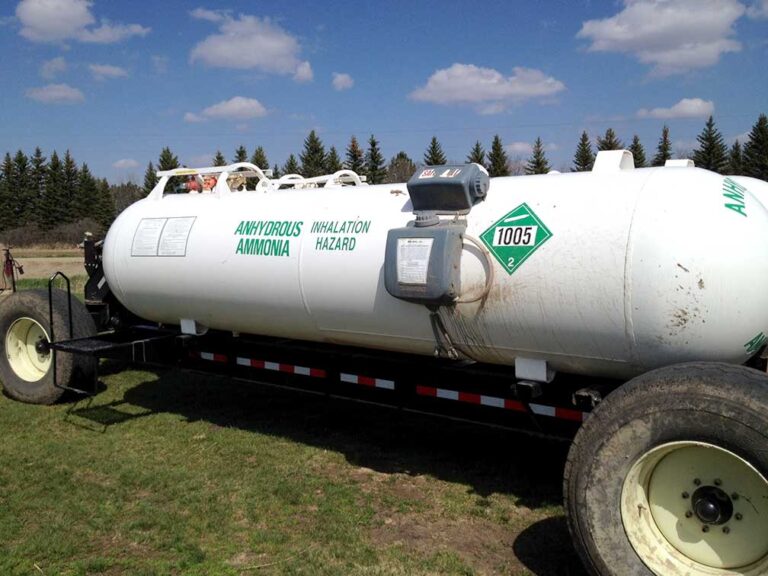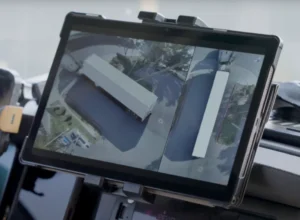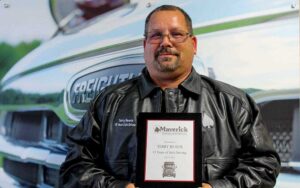WASHINGTON — Owners of certain hazardous chemical tanks are advised to conduct voluntary periodic visual inspections, as well as thickness and pressure testing, because of the potential for catastrophic failure.
The Federal Motor Carrier Safety Administration (FMCSA) and Pipeline and Hazardous Materials Safety Administration (PHMSA) last week issued a joint safety advisory focused on nurse tanks manufactured by American Welding and Tank (AWT) between Jan. 1, 2007, and Dec. 31, 2011, at its Fremont, Ohio, plant.
Nurse tanks manufactured by AWT from 2009 to 2010 were the subject of a prior FMCSA investigation and enforcement action in response to improper manufacturing procedures, resulting in a fine of nearly $4 million against the company.
This latest advisory, which encompasses AWT tanks made between 2007 and 2001, stems from an Aug. 23, 2023, incident in which a 2009 AWT nurse tank holding anhydrous ammonia experienced a catastrophic failure. The failure, which occurred in a farm co-op lot, caused the tank shell to “rocket” more than 300 feet from its original location, according to the advisory.
No injuries were reported; however, both the FMCSA and PHMSA say the event indicates potential continuing problems with AWT nurse tanks that have now been in service for over a decade.
Following the incident, the owner of the nurse tank involved contracted a third-party testing company to examine eight AWT nurse tanks that were manufactured between 2008 and 2012. Seven of the eight failed, with radiographic testing showing “extreme stress corrosion cracking, porosity and inclusions/voids” in the welds where the heads and shells of the nurse tanks were joined. Only the 2012 tank passed.
These results were submitted to engineering experts who were involved in previous research funded by FMCSA into similar issues with this series of AWT nurse tanks, and the tanks’ owner voluntarily placed them out of service. Subsequently, the parent company of the farm co-op conducted similar testing on 142 AWT nurse tanks manufactured between 2007 and 2012. While all of the 2012 tanks passed, 100 of the others failed.
According to the FMCSA and PHMSA, current hazmat regulations do not require periodic inspection and testing of nurse tanks that have attached, legible American Society of Mechanical Engineers (ASME) identification plates and that meet other requirements.
Nevertheless, the agencies “strongly recommend” that owners of AWT nurse tanks manufactured between 2007 and 2011 — regardless of the status of the ASME identification plates — conduct voluntary periodic visual inspection, thickness testing and pressure testing.
Owners of affected AWT nurse tanks who are not able to conduct voluntary pressure testing are advised to conduct either radiographic or ultrasonic testing. While the period of voluntary inspection and testing is at the discretion of the nurse tank owner, FMCSA and PHMSA recommend conducting the inspection and testing at least once every five years.
Born in Pine Bluff, Arkansas, and raised in East Texas, John Worthen returned to his home state to attend college in 1998 and decided to make his life in The Natural State. Worthen is a 20-year veteran of the journalism industry and has covered just about every topic there is. He has a passion for writing and telling stories. He has worked as a beat reporter and bureau chief for a statewide newspaper and as managing editor of a regional newspaper in Arkansas. Additionally, Worthen has been a prolific freelance journalist for two decades, and has been published in several travel magazines and on travel websites.








